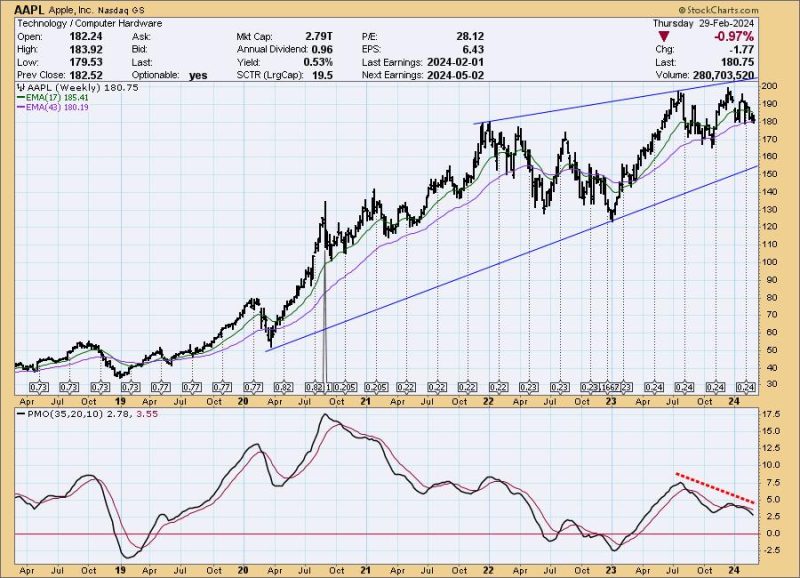The iconic film The Magnificent Seven premiered in 1960, transposing the narrative of Akira Kurosawa’s legendary 1954 Seven Samurai to the Wild West. Despite being over six decades old, this classic continues to captivate its audience with its timeless themes and unforgettable characterizations. This exploration will delve into the enduring question: Are ‘The Seven’ still magnificent?
When evaluating the magnificence of The Seven, it’s critical to appreciate the era in which the film was produced. The American movie scene during the time was dominated by Westerns, and The Magnificent Seven managed to contribute uniquely to the genre. It introduced a rather unfamiliar theme to an ordinarily black-and-white genre: the inherent nobility in defending the defenseless, even when no abundance of gold or glory is at stake.
The film’s excellent storytelling is another factor contributing to its continued magnificence. The action unfolds at a deliberate and precise pace, allowing time for the audience to connect emotionally with the characters – from Yul Brynner’s stoic leader Chris to James Coburn’s knife-throwing Britt and each member of the ragtag crew in between. The film fluidly addresses themes of honor, camaraderie, bravery, self-sacrifice, and the struggle against oppression, all of which remain universally relatable.
Furthermore, The Magnificent Seven boasts a notable cast of established and soon-to-be stars, who would continue to shape Hollywood in the years to follow. Yul Brynner, Steve McQueen, Charles Bronson, Robert Vaughn, Brad Dexter, Horst Buchholz, and James Coburn turn in strong performances, their magnetic charisma seeping through the celluloid and maintaining a hold on audiences over 60 years later.
An additional, but by no means lesser, reason for the magnificence of “The Seven” lies in its memorable score. The stirring Elmer Bernstein’s composition forms an indelible part of the cinematic experience, elevating the scenes and adding an emotional depth to them. Its overture is recognized as one of the best in movie history, adding an extra sense of grandeur to each scene it accompanies.
“The Magnificent Seven” has also contributed significantly to the expanded universe of American cinema, with the lives of the seven gunmen being detailed in three sequels and a television series. This was a nod to the unwavering popularity and influence of the film, bolstering its collective memory among fans and critiques alike. Besides, the movie’s legacy lives on in the form of the 2016 remake, which highlighted the filmmaker’s acknowledgement of the original’s resounding magnificence.
However, despite its numerous strengths, The Magnificent Seven is not without its controversies. Its narrative, much like many westerns of the era, is steeped in traditional American and masculine machismo. The characters are almost unilaterally men, with women appearing in subservient roles, primarily as wives or daughters. Moreover, the film has been criticized for its simplified depiction of Mexican peasants as helpless individuals, a representation that has not aged well in a contemporary context.
Nevertheless, the resounding magnificence of The Magnificent Seven is undeniable and firmly entrenched in cinematic history. Despite any controversies, the film’s core messages of unity in the face of adversity, self-sacrifice for the greater good, and the ultimate triumph of courage over fear echo as emphatically as ever in today’s times. Its influence continues to reverberate in contemporary westerns and action films, reminding everyone that “The Seven” are not just magnificent, but truly iconic.
